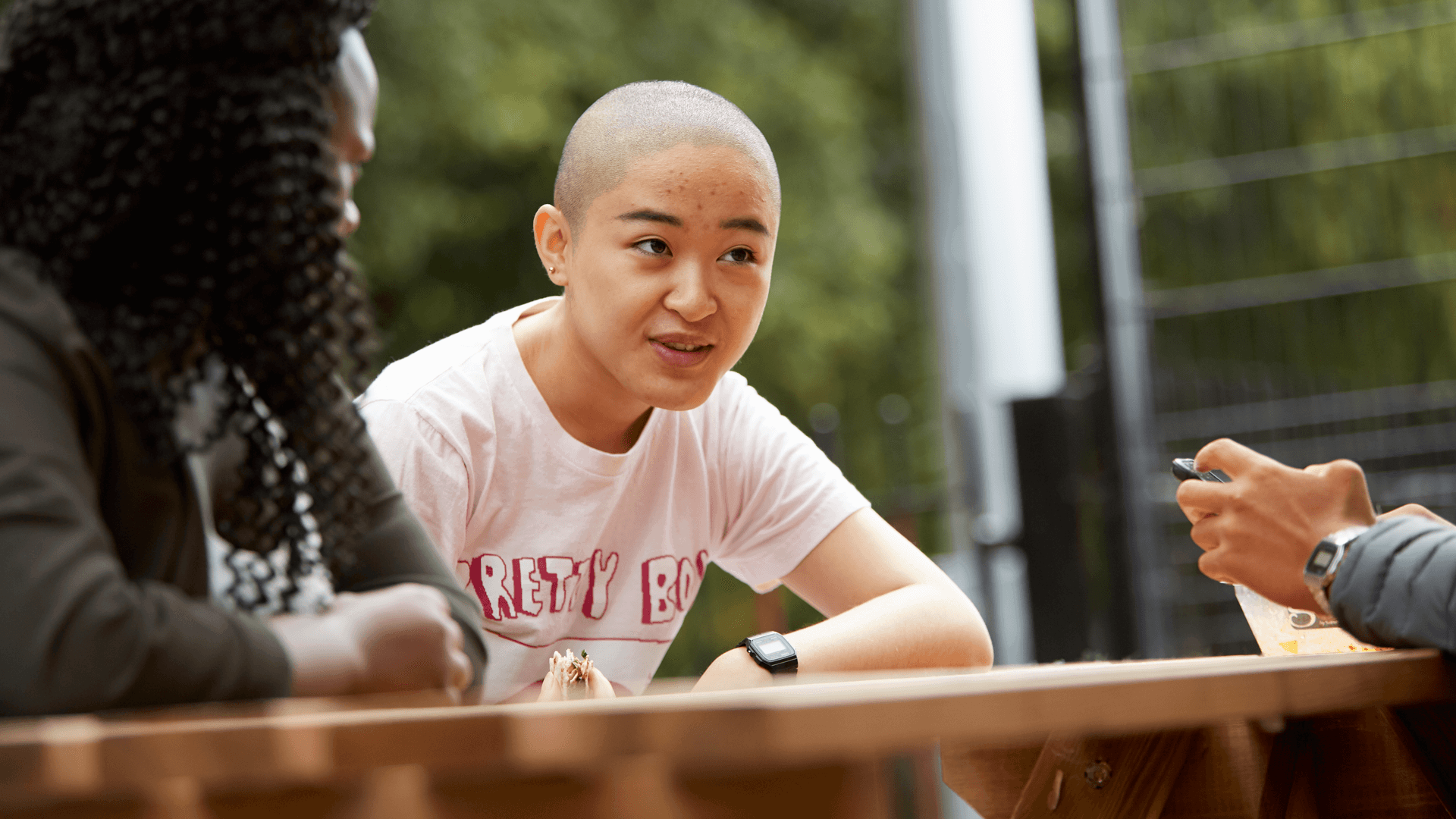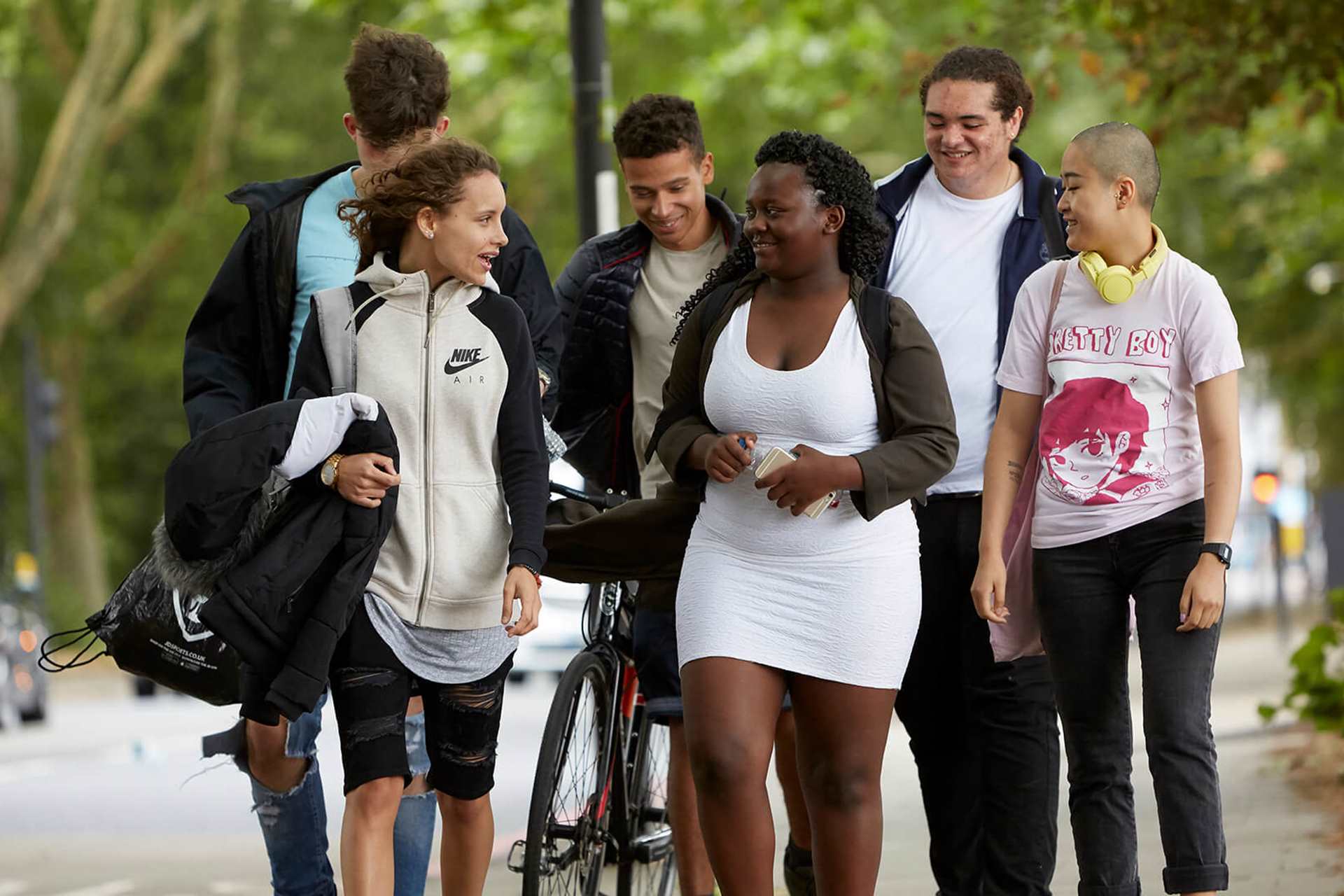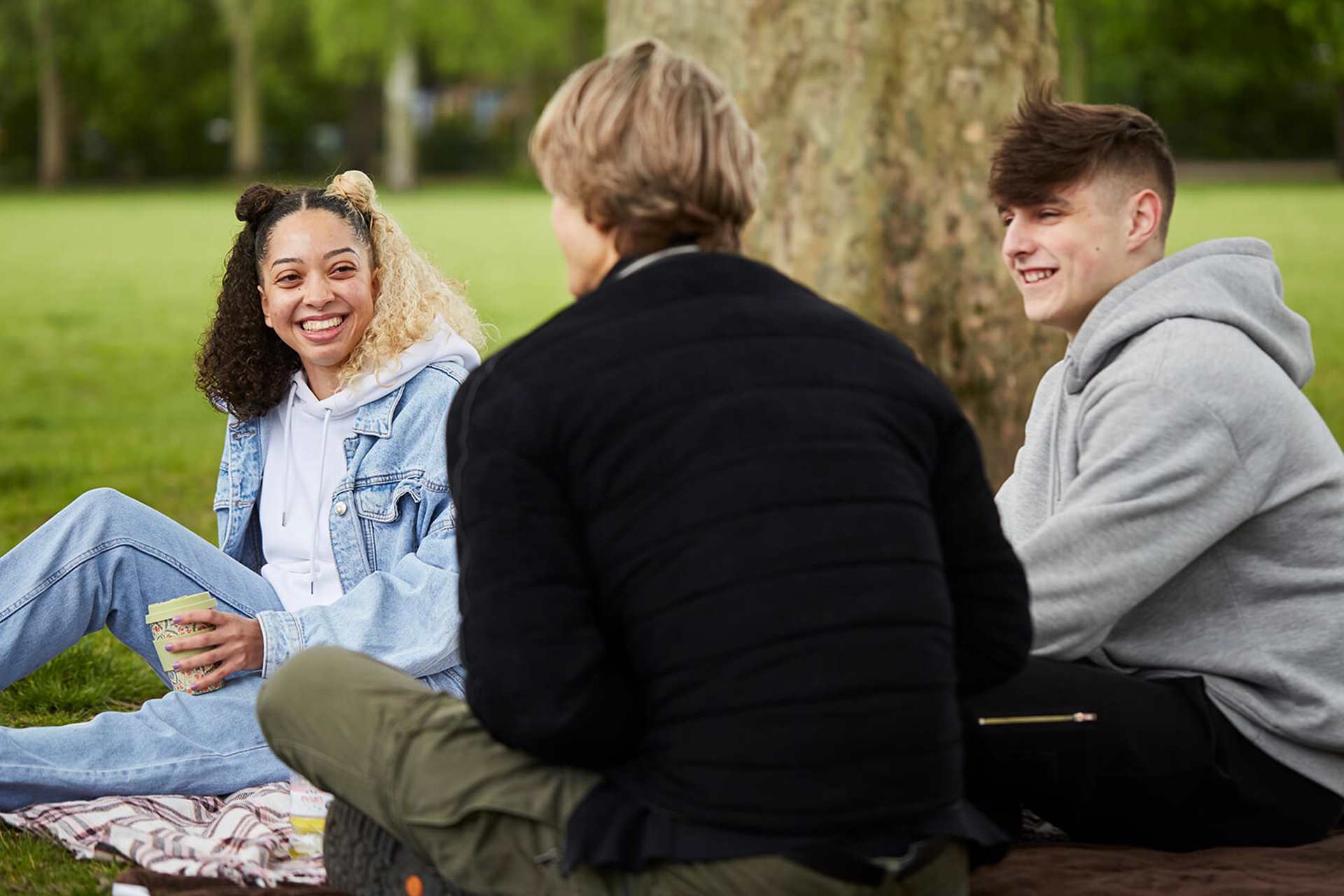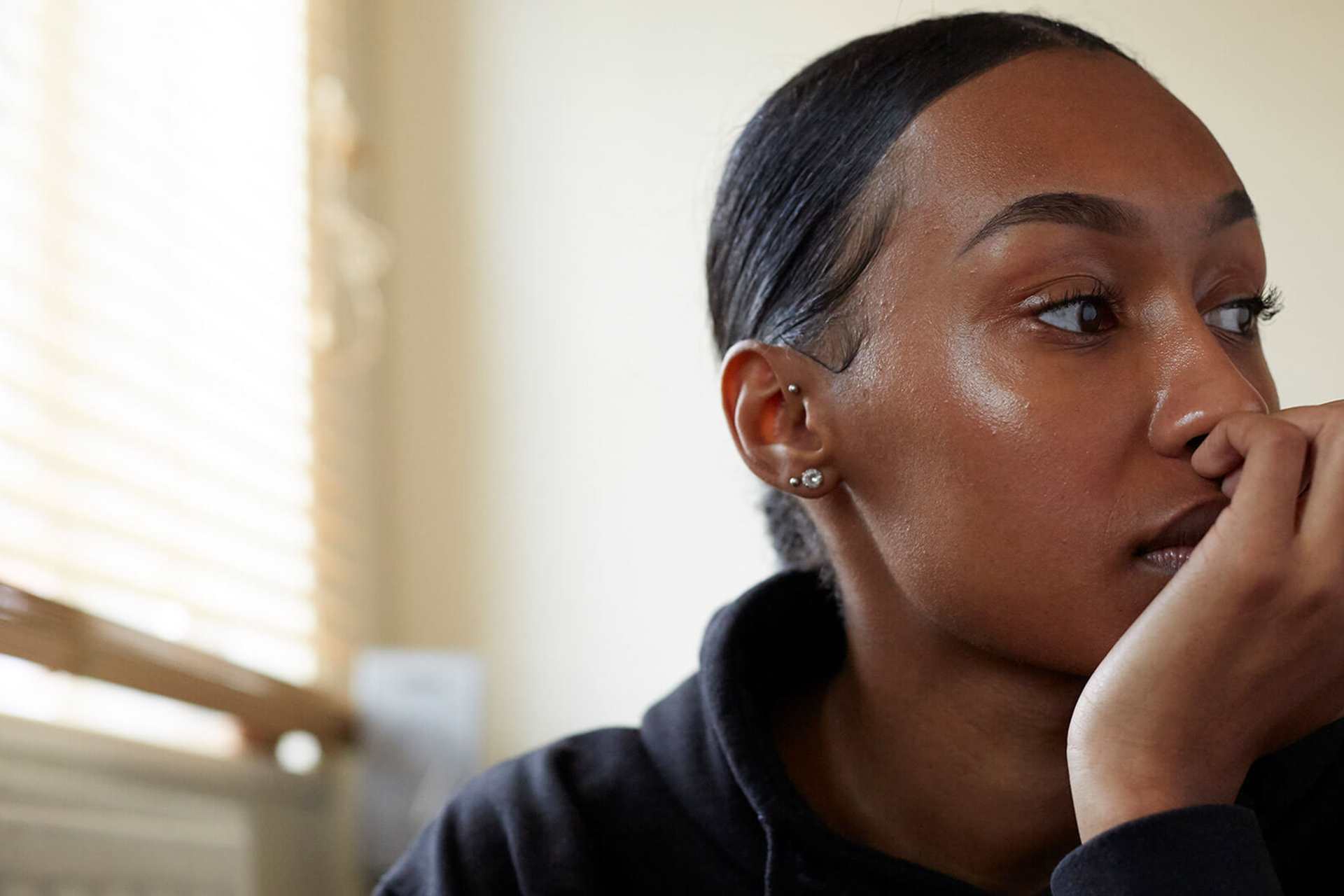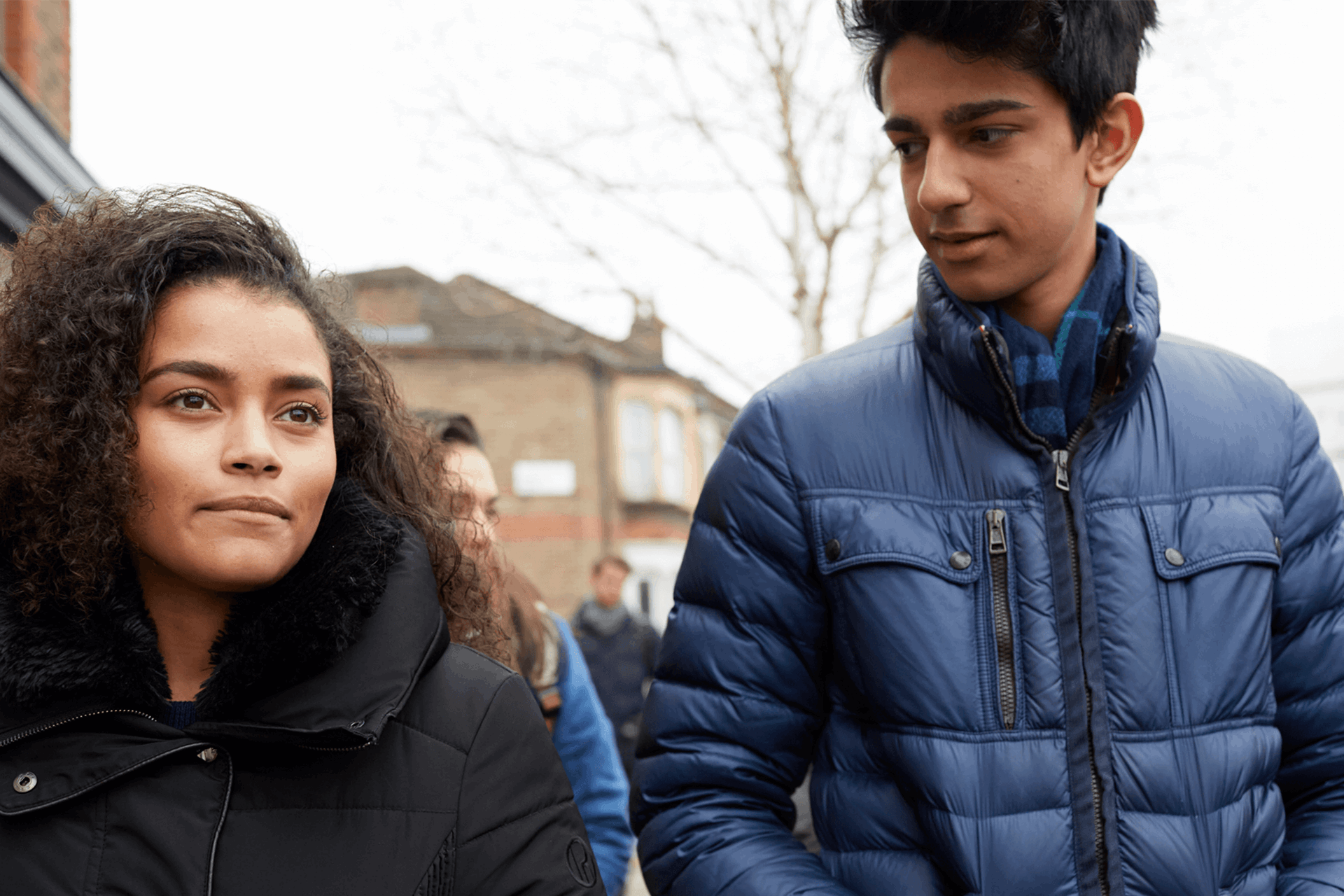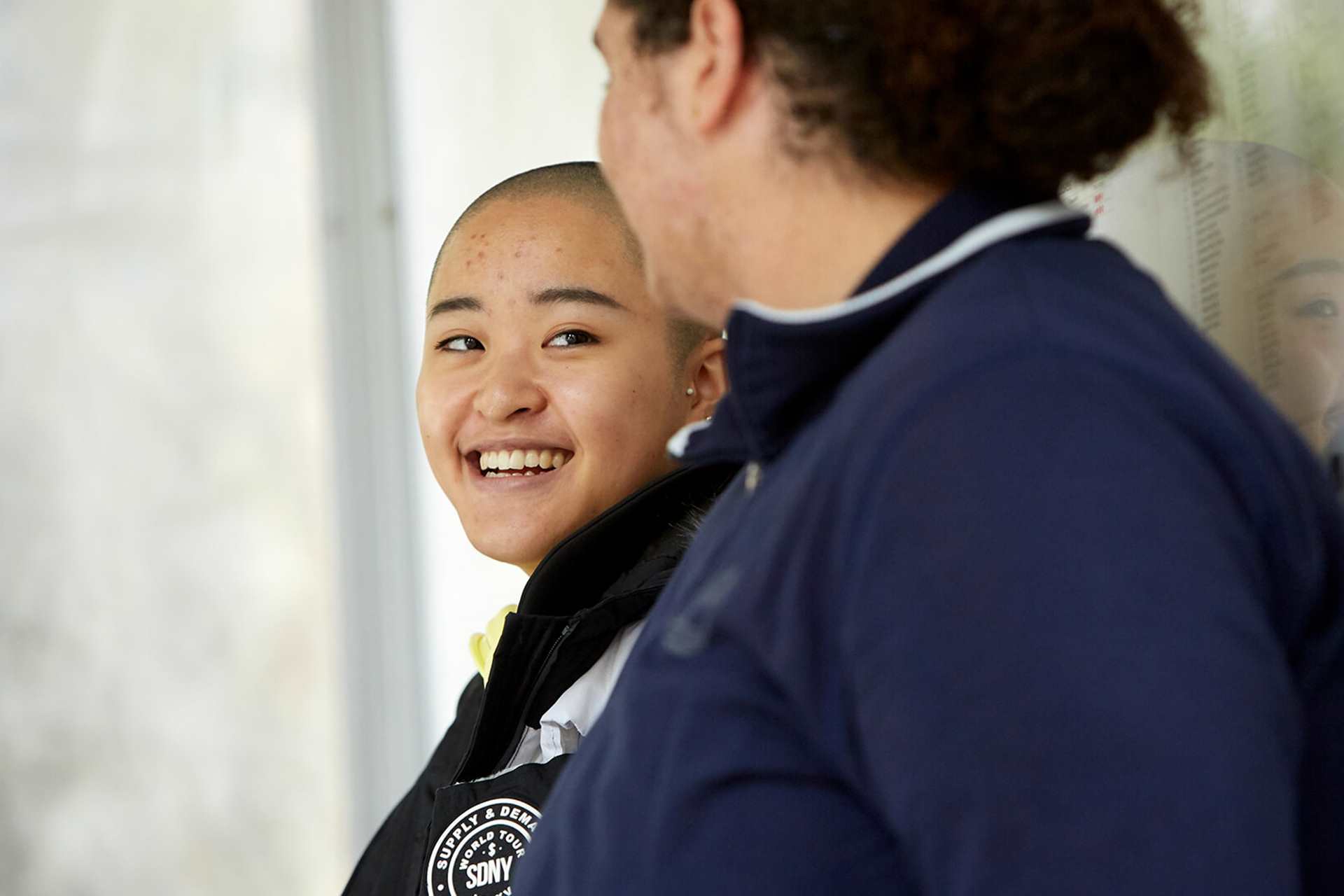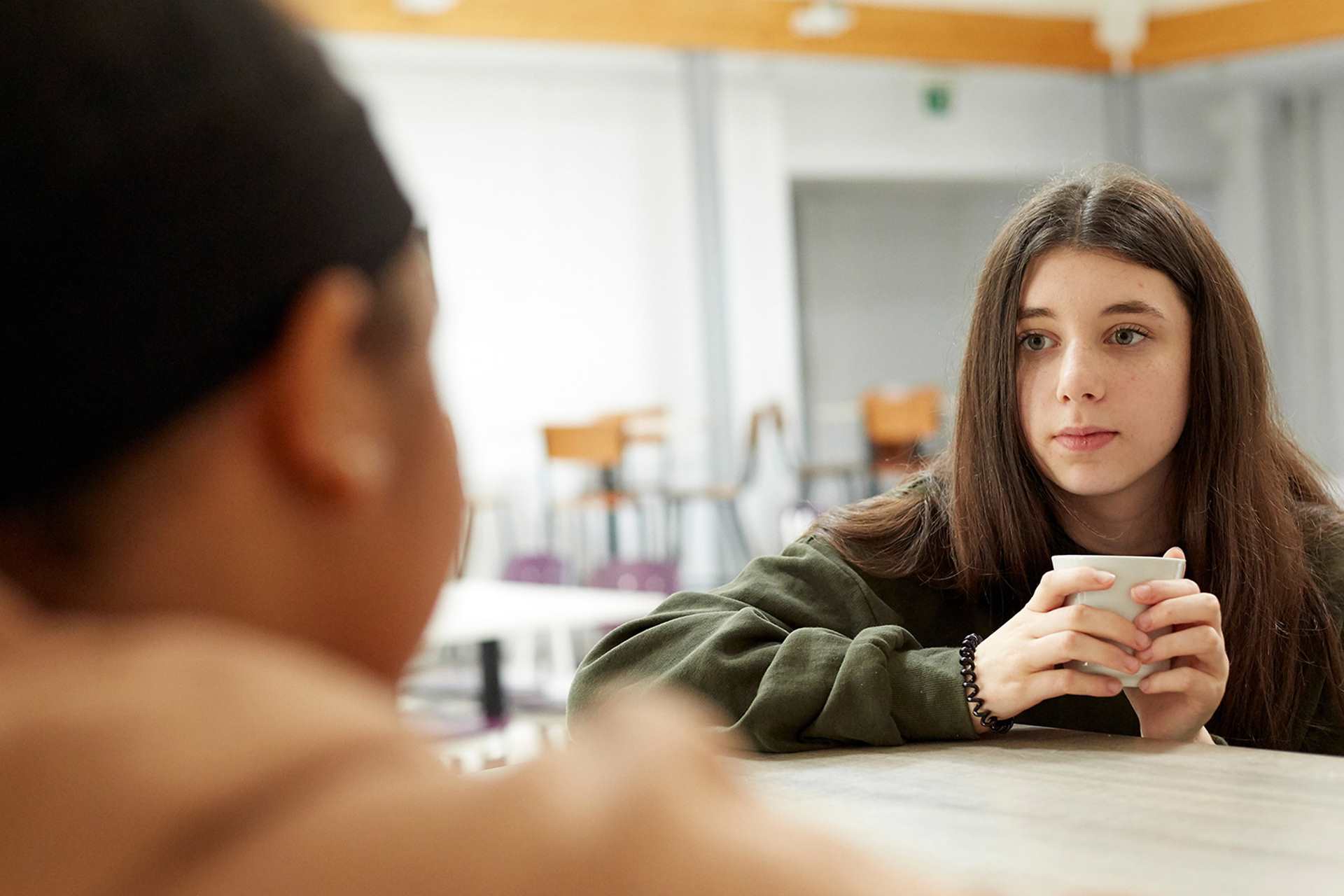Topics mentioned: anxiety, alone and misunderstood
About: Laura felt guilty about not wanting to travel, until she learnt about travel anxiety. She shares her experience and the steps she's taking to overcome it.
Every single time, I’d feel that sweeping sensation of dread and retreat into myself.
Travelling is generally seen as something positive. I see countless adverts and hear story after story about how exciting it is to go travelling. They’re full of people buzzing about their upcoming holiday, eagerly planning their next adventure, or counting down the days until they go. I also find myself counting down the days when I have an upcoming trip. But, instead of a rising excitement as that number shrinks, dread has always been the prevailing emotion for me.
I always wondered whether I was weird or wrong for not feeling excited when it came to travelling and going on holiday. Was I just a spoilsport who didn’t like having fun? Was I boring because I’d rather stay at home?
It was very isolating because I believed I was wrong for feeling the way I did. So, when I was a young child, I just pretended that I didn’t. My family didn’t go on holidays abroad very often, but I have family in rural Wales, so we frequently made the five-hour trip there during school holidays. We also went on holidays within the UK and the drives would sometimes take up to eight hours!
Every single time, I’d feel that sweeping sensation of dread and retreat into myself, trying to cope in a way that meant nobody around me could tell I wasn’t happy and excited.
It was easier to stay home than put myself through the stress.
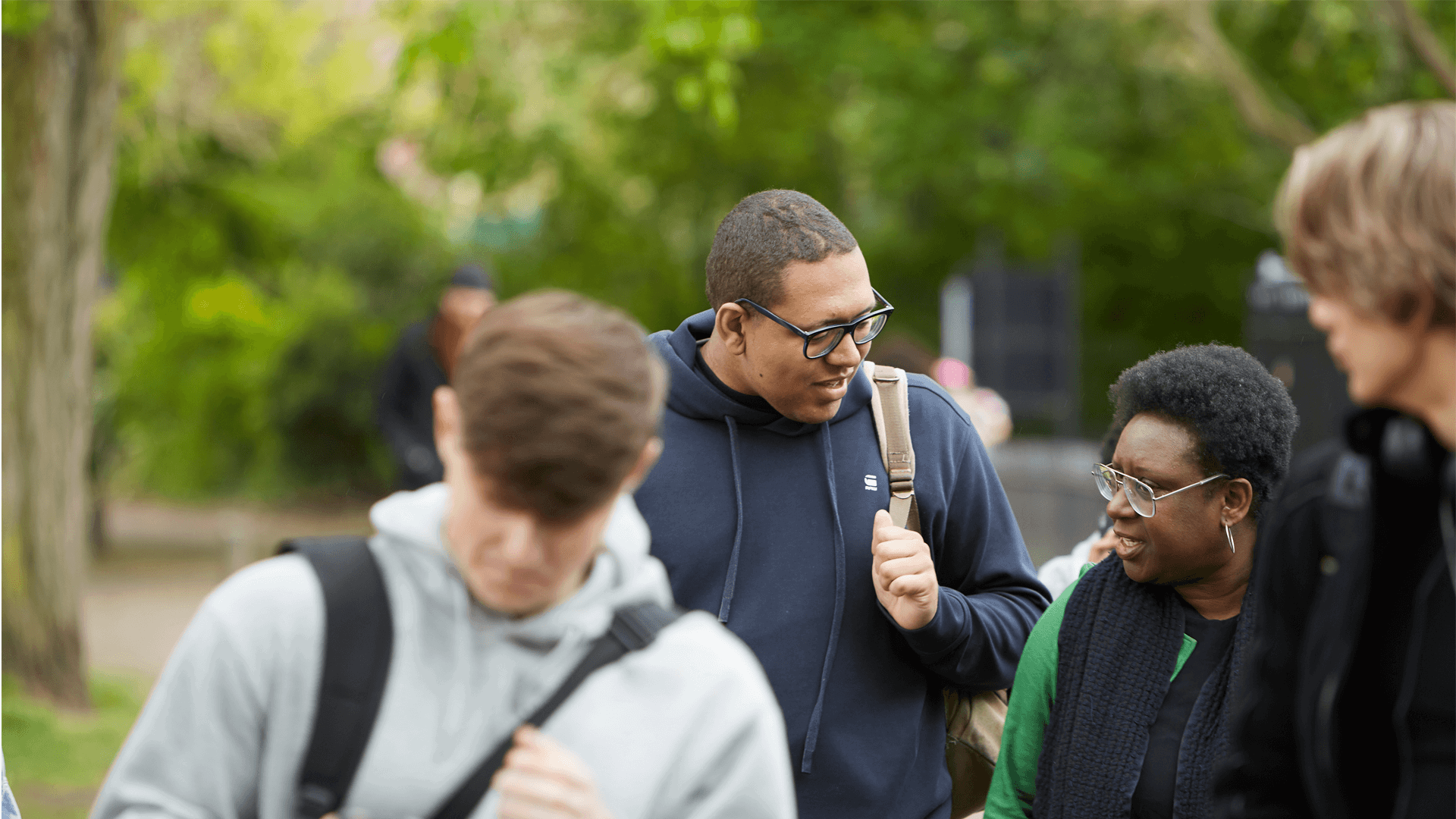
I’ve struggled with my mental health ever since I was young and I was always open with my parents about how I felt but, for some reason, this anxiety around travelling was never something I could bring myself to admit. In hindsight, I think it was because I felt guilty. I thought I was being horribly ungrateful for not being thrilled to go somewhere, and that it would be rude to admit this, or that it would hurt people’s feelings.
When I got a bit older, I started to distance myself from these trips even more. My family started taking holidays to Spain in the summer but, because I didn’t want to go, I’d stay at home.
More often than not, one parent would stay with me too. That made me feel even guiltier, like I was robbing one member of my family of a holiday they would’ve enjoyed. However, while holidays are a luxury, there were some things that were expected of me, such as travelling to visit my family.
I got a reputation for disliking holidays, trips out or anything that involved substantial travelling. It was easier to stay home than put myself through the stress. Eventually, my parents started to assume that I wouldn’t be interested in any trips they were planning. In many ways, that made it much easier for me because I didn’t have to feel guilty and ungrateful by declining. However, I always had this nagging feeling that I was missing out.
Learning about travel anxiety has been so helpful for me, because I feel a lot less guilty about the emotions I felt when I was growing up.
My feelings about travelling were something that I didn’t understand until fairly recently, when I discovered what travel anxiety is. I thought that the anxiety I felt was about the entire trip, but it was actually the journeys themselves that caused me distress.
Once I arrived, I was okay… until I started to worry about the journey home again! I started to realise that I enjoyed the experience of days out and staying with family. I didn’t hate it like everyone (including myself) thought I did. It was the travelling itself that I hated.
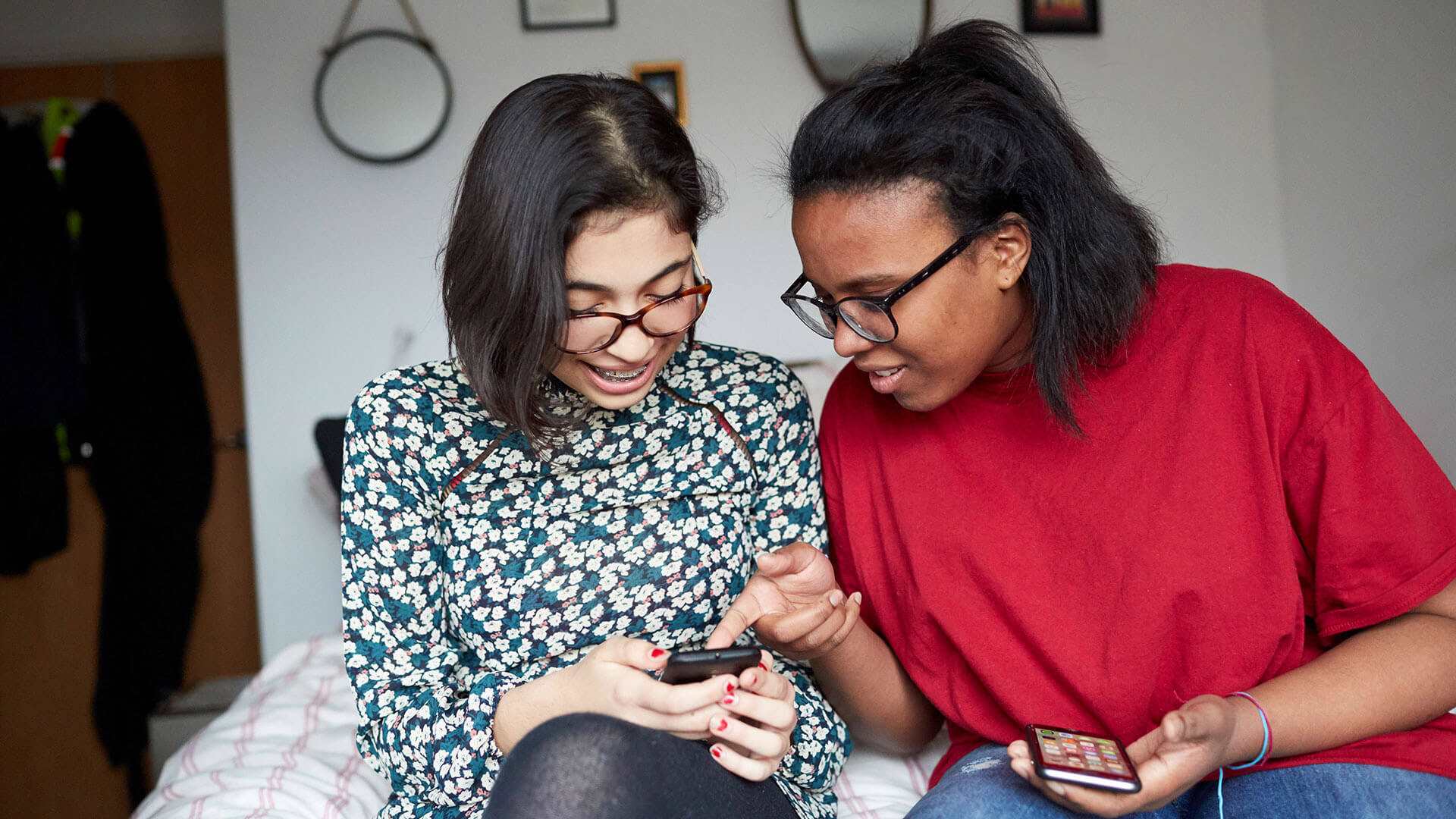
Learning about travel anxiety has been so helpful for me, because I feel a lot less guilty about the emotions I felt when I was growing up. I understand now that feeling anxious didn’t mean I was being ungrateful or rude, because it often wasn’t linked to where I was going or what I was going to do.
Some people who experience travel anxiety do feel distress the entire time they are away but, for me, it centres on the journey and goes away once I arrive. I find that I can be kinder to myself now that I know this, and stop ruminating about the past and if it makes me a bad person. It doesn’t.
Instead of thinking, 'I can’t travel so I won’t even entertain the idea,' I’m trying to think about where I’d like to go.
Now that I know I have travel anxiety, I’m able to be more open-minded about going places. In the past, I closed myself off to so many opportunities because of my self-imposed travelling ban. It was so far off my radar that I didn’t even allow myself to consider where I’d like to go or what I might like to do if I could travel – I wouldn’t enjoy it anyway, so what was the point?
But, recently, I have opened my mind to these things. Instead of thinking, “I can’t travel so I won’t even entertain the idea,” I’m trying to think about where I’d like to go. Then I think about what steps I could take to make that possible, either now or in the future.
In fact, I recently booked myself onto a Fear of Flying course to overcome my anxiety about going on an aeroplane. Although I’m not magically cured, I did get on the flight at the end of the day and it wasn’t as bad as I thought it would be! Knowing that there are resources like this available is a huge help for me. Not only does it reassure me that I’m not the only one with this fear, but it also gives a safe, non-judgemental space to those who want to try and overcome it.
Some people don’t want to travel and that’s okay too. What you feel is valid. However, if you’re like me and you dream of seeing the world “in another lifetime” or “if I didn’t have anxiety,” my message is to never give up on that dream. There is support out there and there are ways you can make travelling accessible for you.
However, if you’re like me and you dream of seeing the world 'in another lifetime' or 'if I didn’t have anxiety,' my message is to never give up on that dream.
More information and advice
We have tips and advice to help you find the support you need. Take a look at our guides.
Where to get help
However you're feeling, there are people who can help you if you are struggling. Here are some services that can support you.
-
Childline
If you’re under 19 you can confidentially call, chat online or email about any problem big or small.
Sign up for a free Childline locker (real name or email address not needed) to use their free 1-2-1 counsellor chat and email support service.
Can provide a BSL interpreter if you are deaf or hearing-impaired.
Hosts online message boards where you can share your experiences, have fun and get support from other young people in similar situations.
- Opening times:
- 24/7
-
No Panic
Supports people struggling with panic attacks, phobias, obsessive compulsive disorder (OCD) and other anxiety-related issues - and provides support and information for their carers.
Call 01952 680835 for a recorded breathing exercise to help you through a panic attack (available 24/7).
- Opening times:
- 10am - 10pm, 365 days a year
